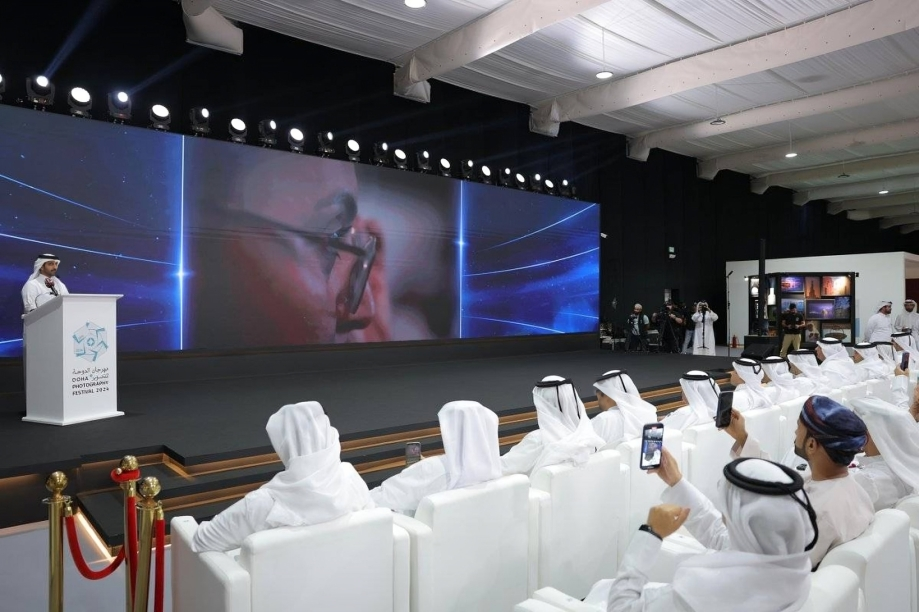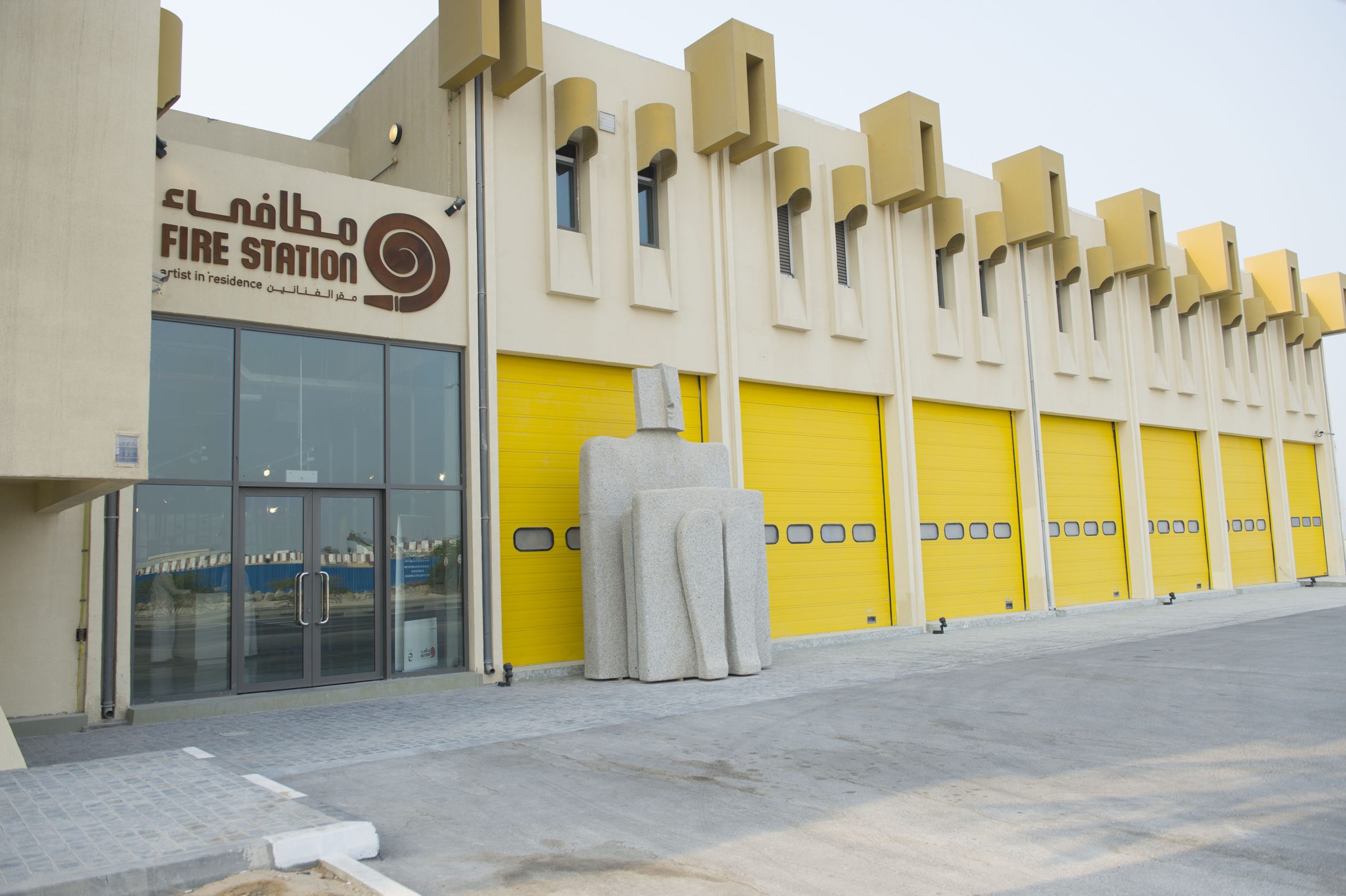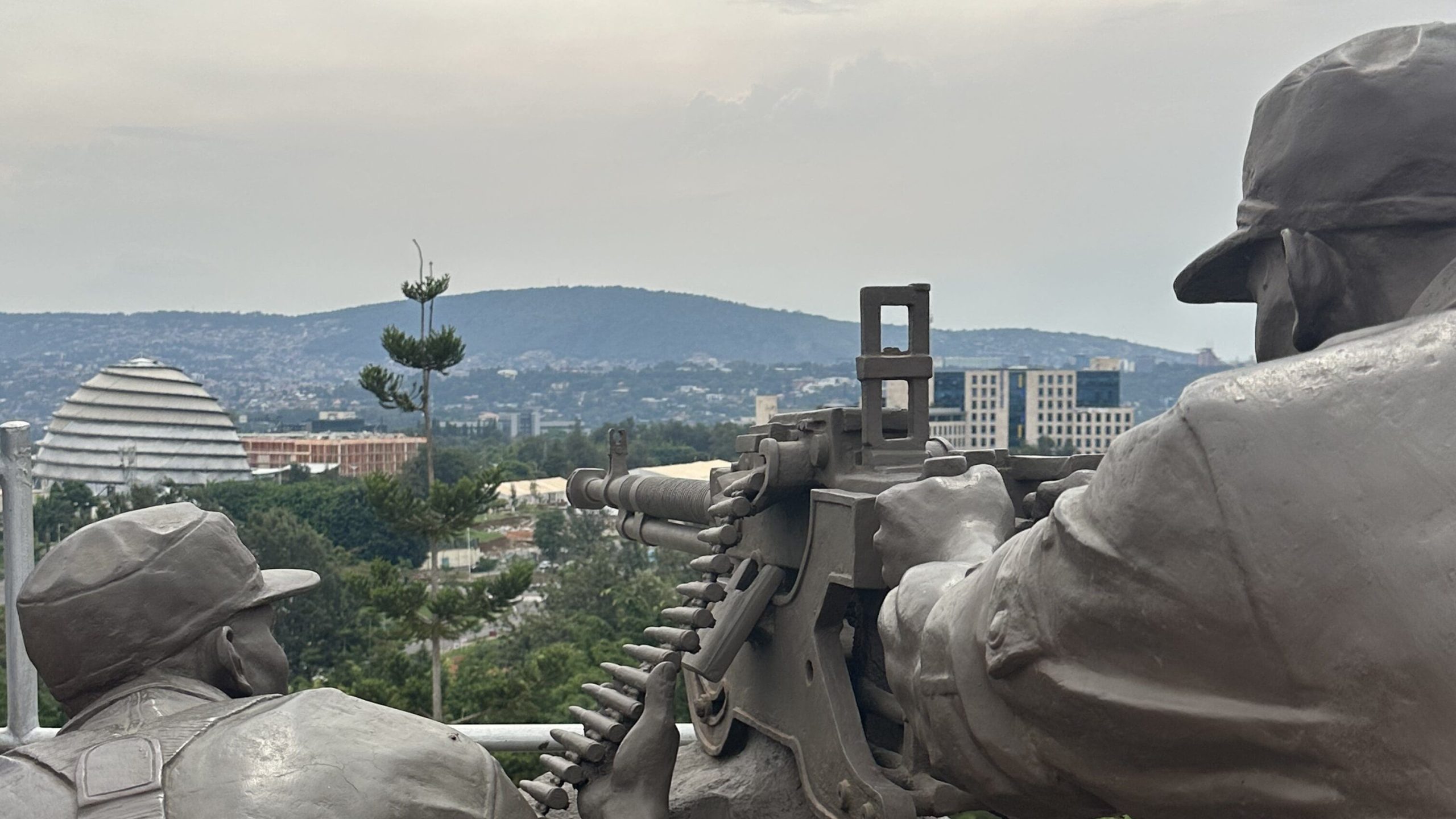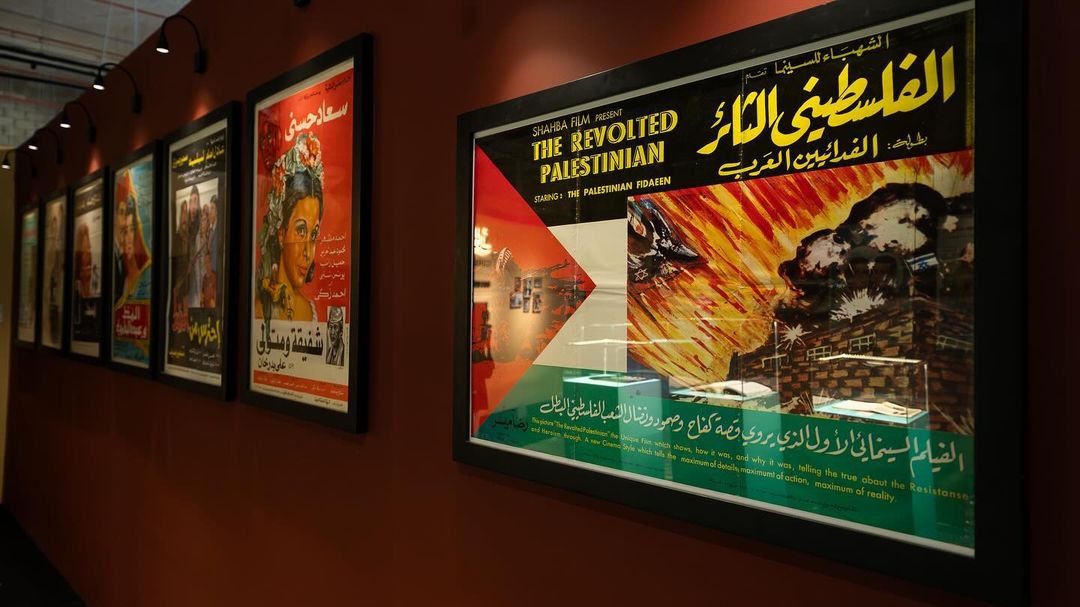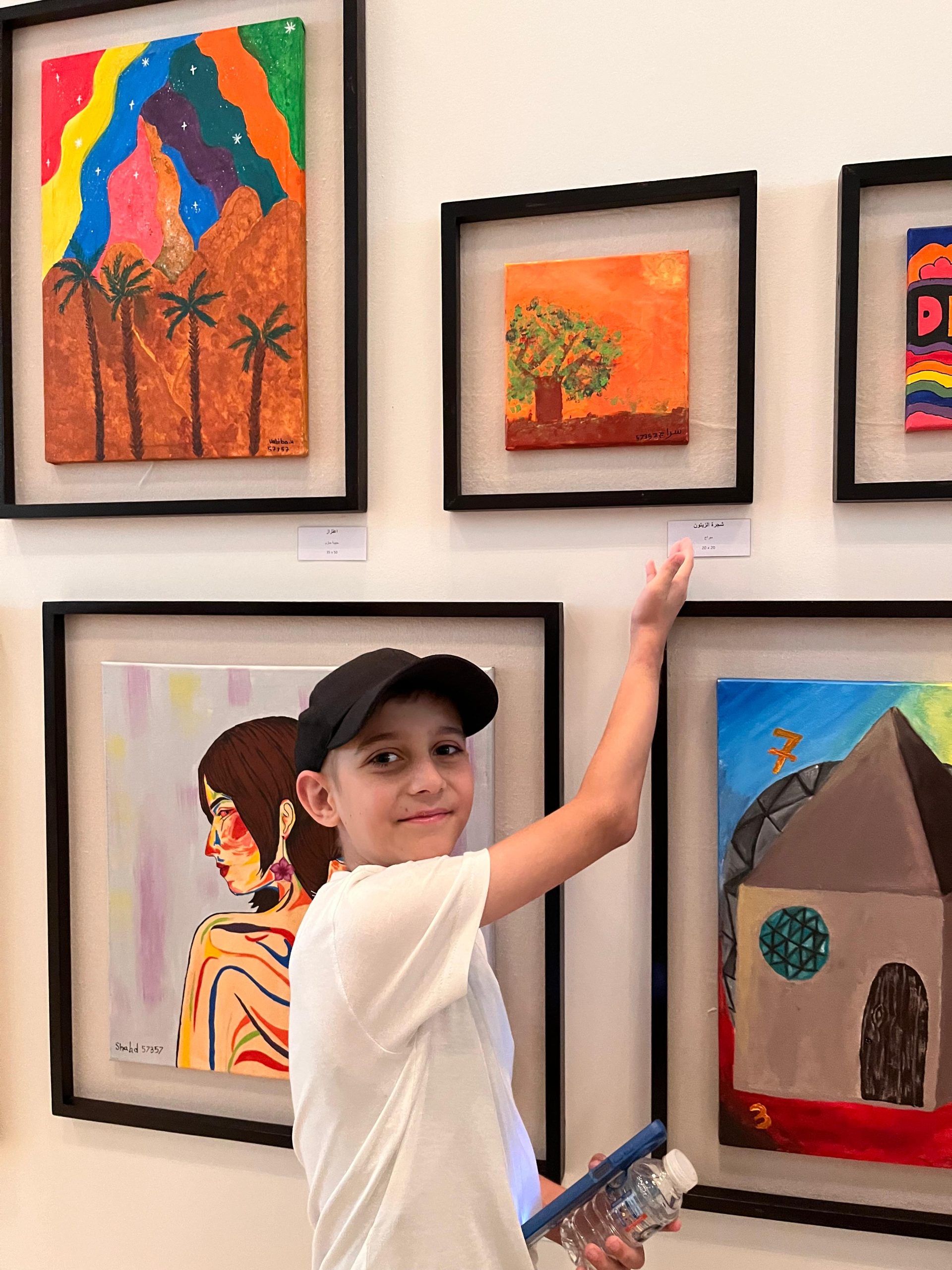
Two years after producing the first English-language album from a Qatari artist, Dana Al Fardan is back in the spotlight after tying up with Grammy-nominated electronic DJ Robin Schulz.
The 30-year-old’s debut album Paint came out two years ago.
The collaboration song, This is Your Life, was written by Al Fardan around this same time, and will be featured on Schulz’s new album Sugar, which is scheduled to launch on Friday.
The German DJ shot to fame last year after his remix of Waves, a song by Dutch hip hop artist Mr Probz peaked at number one on the Billboard Hot Dance/Electronic Songs List, and has subsequently been a constant feature on top charts around the globe.
Speaking to Doha News about working with Schulz, Al Fardan said:
“It’s been a wonderful, beautiful, crazy journey and This is Your Life is just the tip of it. It’s a song about getting validation from yourself and not from others. It’s about finding your inner confidence…that source from within.”
The collaboration, she added, came about last year when her manager sent in a demo of her song to Schulz’s manager.
Will Gresford had previously managed to get another of his agency’s artists, 14-year-old Jasmine Thompson, onto Schulz’s version of Sun Goes Down.
The song currently has some 120 million hits on Youtube and was chosen to be the official song of the 2015 CONCACAF Gold Cup.
Singer/Song-writer
Though music has always been a passion for Al Fardan, as one of the heirs to the Al Fardan jewelry empire, she spent her college years studying international relations and gemology.
However, after completing her graduate studies, she decided to shift her focus to the music industry.

Explaining the transition, she said:
“It’s a funny thing. I literally woke up one day and said I wanted to be a musician. I had a backlog of songs I had already written for years and decided to go with that. It was a huge step because I hadn’t show my songs to anyone before.
I was so new to the field, but managed to get some of my songs sent out to producers, all of whom wanted to take it on. I had no idea what to do next, so I got myself a manager for guidance and structure and then went with it.”
Despite being pregnant with her daughter Layla at the time, Al Fardan decided to move to London to record her album and put out her songs.
“My singing the album was a complete accident. I’m more of a songwriter and a composer, and so we had lined up a vocalist to sing the songs, but she pulled out at the last minute. A previous project had run overtime, and so at nine months pregnant, I stepped in to sing,” she added.
However, since the album dropped in 2013, Al Fardan has moved away from singing to focus on songwriting. Still, she credits her brief singing career with helping her gain the credibility needed to establish herself as a musician.

She has since become the CEO of DNA Records, a homegrown label that she said was launched to create some sort of musical structure in Qatar, where such initiatives are rare.
Her label now represents The Ryan O’Reilly Band, an Irish group who she regularly writes for.
Meanwhile, last year, the Qatar Philharmonic Orchestra performed a collection of Al Fardan’s compositions in a show titled Layla, her daughter’s namesake.
In a statement at the time, Al Fardan said that the show was “the biggest goal one can achieve as a composer, especially (for) someone…who (has) never attended mainstream music school.”
Local music scene
Though Al Fardan’s album and record label have managed to put her on the map, many other artists here continue to struggle as the music scene in Qatar still remains largely underground.

In a news package created by Reem Saad, a journalism student at Northwestern University in Qatar last year, several local hip-hop artists spoke of the difficulties they encountered in trying to create music in Qatar.
“In terms of support, it’s hard because…the way we’ve always done (our marketing) is through social media. It doesn’t reach the amount of people we want it to reach,” said Ammar Abouelghar, a recent graduate of Carnegie Mellon University in Qatar and an upcoming rap artist.
He said other challenges included trying to find affordable recording studios – which can cost anywhere from QR400 to 500 per hour of studio time – and a dearth of agents and managers.
“In the US and other countries, you have venues that are there for local artists to perform, so people can go and hang out and check out local talent. You also have radio stations that are there to bring out these artists. There’s a culture there. Music is big. That’s not the case here,” he said.
Thoughts?



